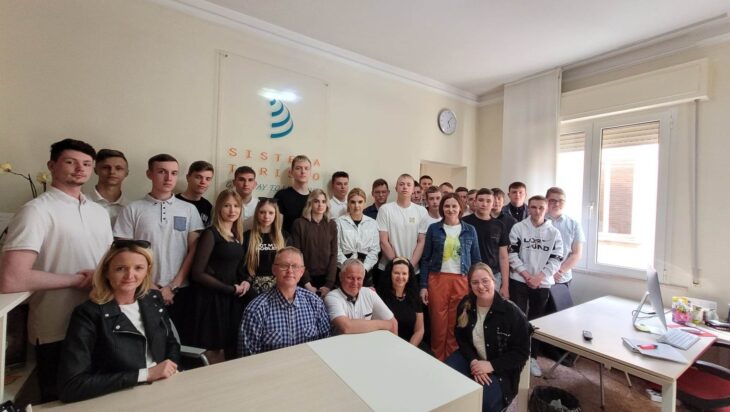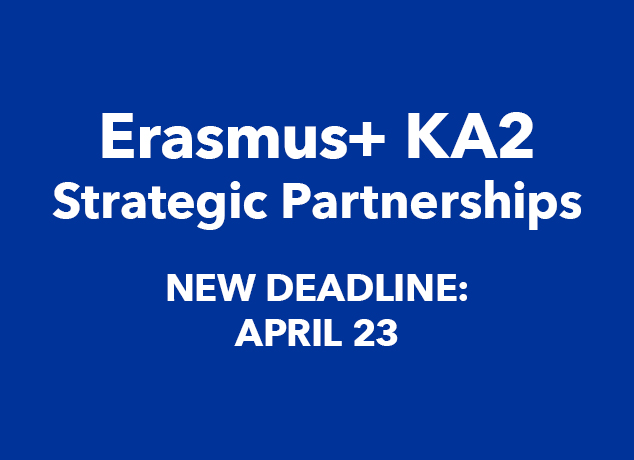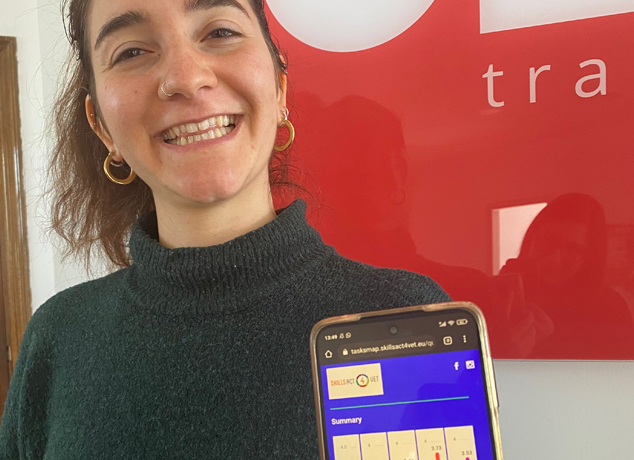The culture and traditions of a people lay their roots and their beauty also in the typical gastronomy, in the universe of flavors and products that take us back in time, in the past and in the history of a country. In fact, there are recipes and typical products, sweet and savoury, which represent real symbols of an entire nation, flavors that cannot be missed by the visitor who is there for a leisure, business or leisure trip just as it will happen to students and teachers who will be welcomed by ETN new Portuguese agency, Pessoa Academy, based in the center of Lisbon.
One of the typical Portuguese products, widespread throughout Portugal but which was born in Lisbon, is the pastel de nata, also known as pastel de Belem. Pastel, in the plural pasteis, is a single-portion pie with a base of puff pastry filled with a cream very similar to custard but also made with cream; it is then cooked in the oven to become well browned and served with a sprinkling of icing sugar and cinnamon. This dessert is not only a delight for the palate but also has a very suggestive and fascinating origin and past history.
According to tradition, pasteis were invented by the Catholic monks of the order of St. Jerome who lived in the Santa Maria de Belém district of Lisbon in the impressive monastery of St. Jerome, which was built in the early 16th century at the request of King Don Manuel I and is one of the most famous and visited monuments in Lisbon. However, following the Liberal Revolution of 1822 many Portuguese convents and monasteries were gradually closed, so in order to maintain themselves economically in that period these monks began to sell their pastries with great success. Despite this, around 1834 they were forced to leave due to the closure of the monastic orders and of the monastery itself. The pasteis de nata recipe was then sold by the monks to a local entrepreneur who took advantage of its commercial potential until in 1837 he opened the historic pastry shop called Antiga Confeitaria de Belem today Pasteis de Belem, located in Rua de Belem 84. This place preserves and still follows today that ancient secret recipe, which only three people in all of Lisbon are said to know, and has become a real destination of tourist interest, since it has been active and operating for two centuries and constitutes a piece of Portuguese history and of Lisbon in particular. Even if the original recipe is jealously guarded among the pastry chefs who work in the Pasteleria de Belem, many other pastry shops have an excellent own artisanal production of this dessert, but not being able to use the Pastel de Belem denomination since it is a registered trademark in 1918, they use the simple term Pastel de nata, which really means “cream dessert”.
Classified in 2011 as one of the gastronomic wonders of Portugal, the pastel de nata is not just a simple pastry typical of this country, but represents a symbol of the culture and identity of the Portuguese people who carry a past history made up of legend and tradition , of secrets and charm to be admired and enjoyed in this beautiful city.



















